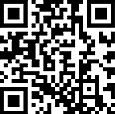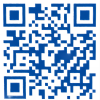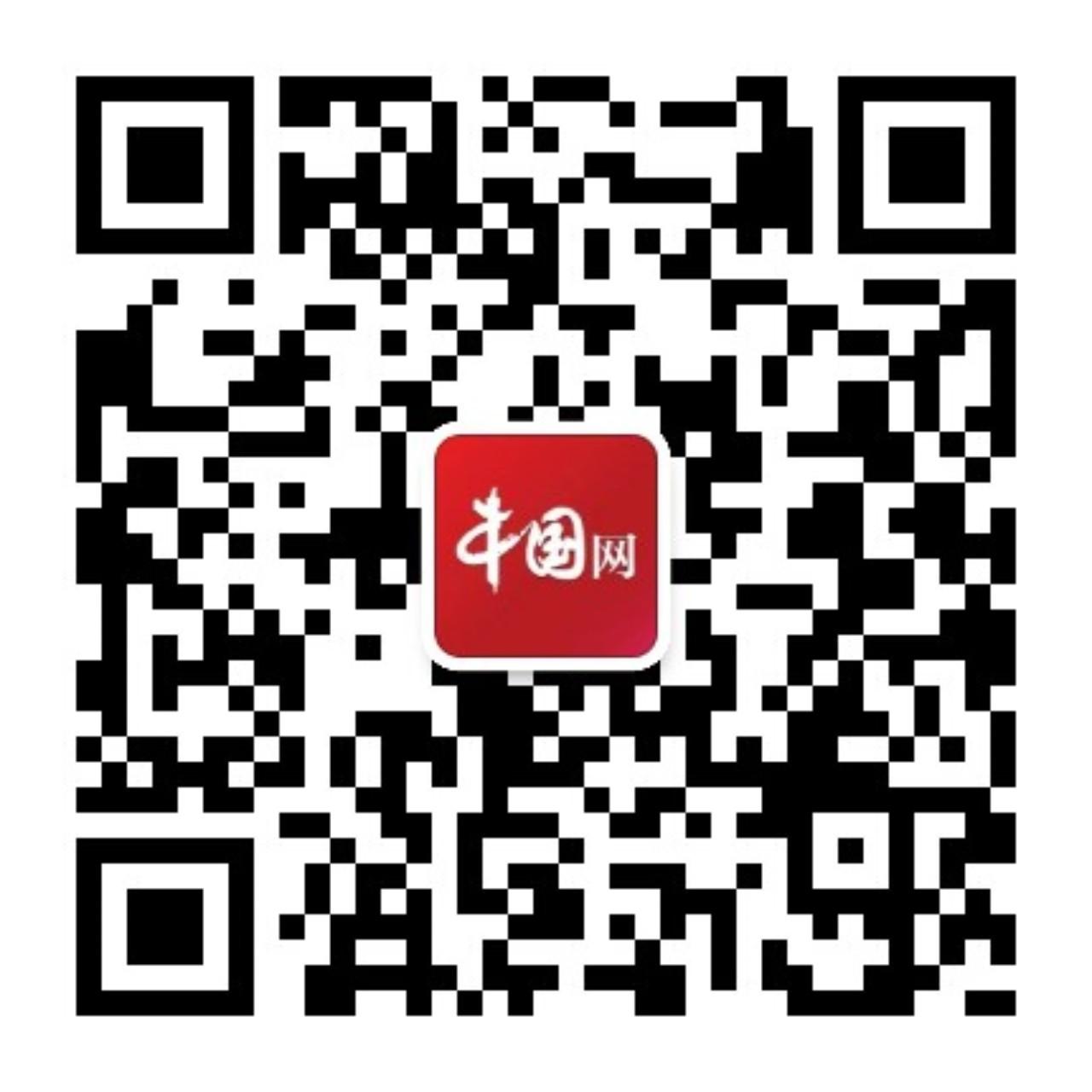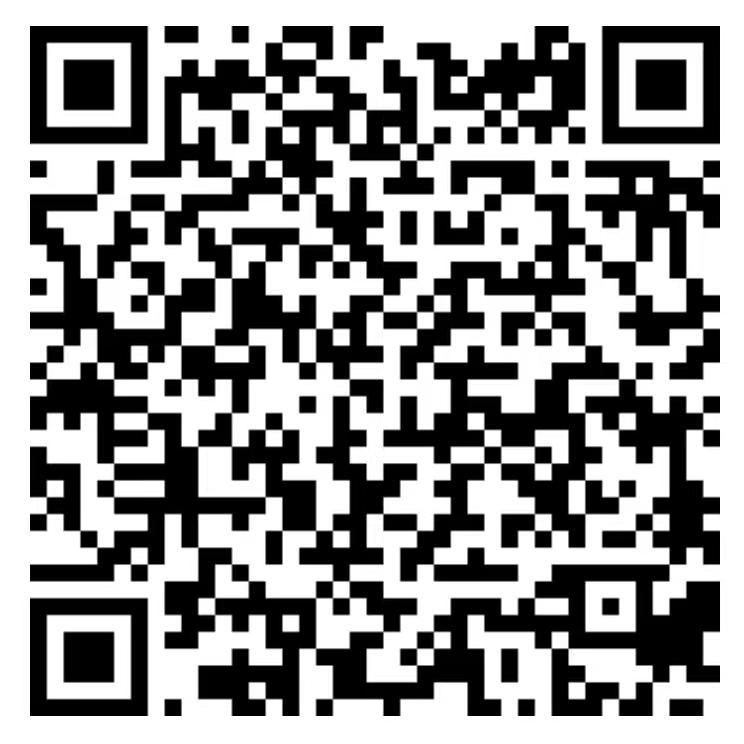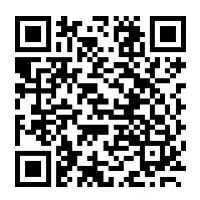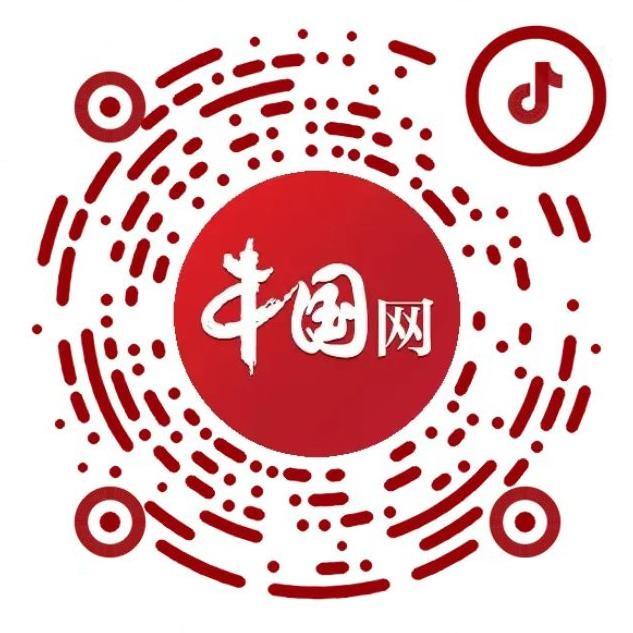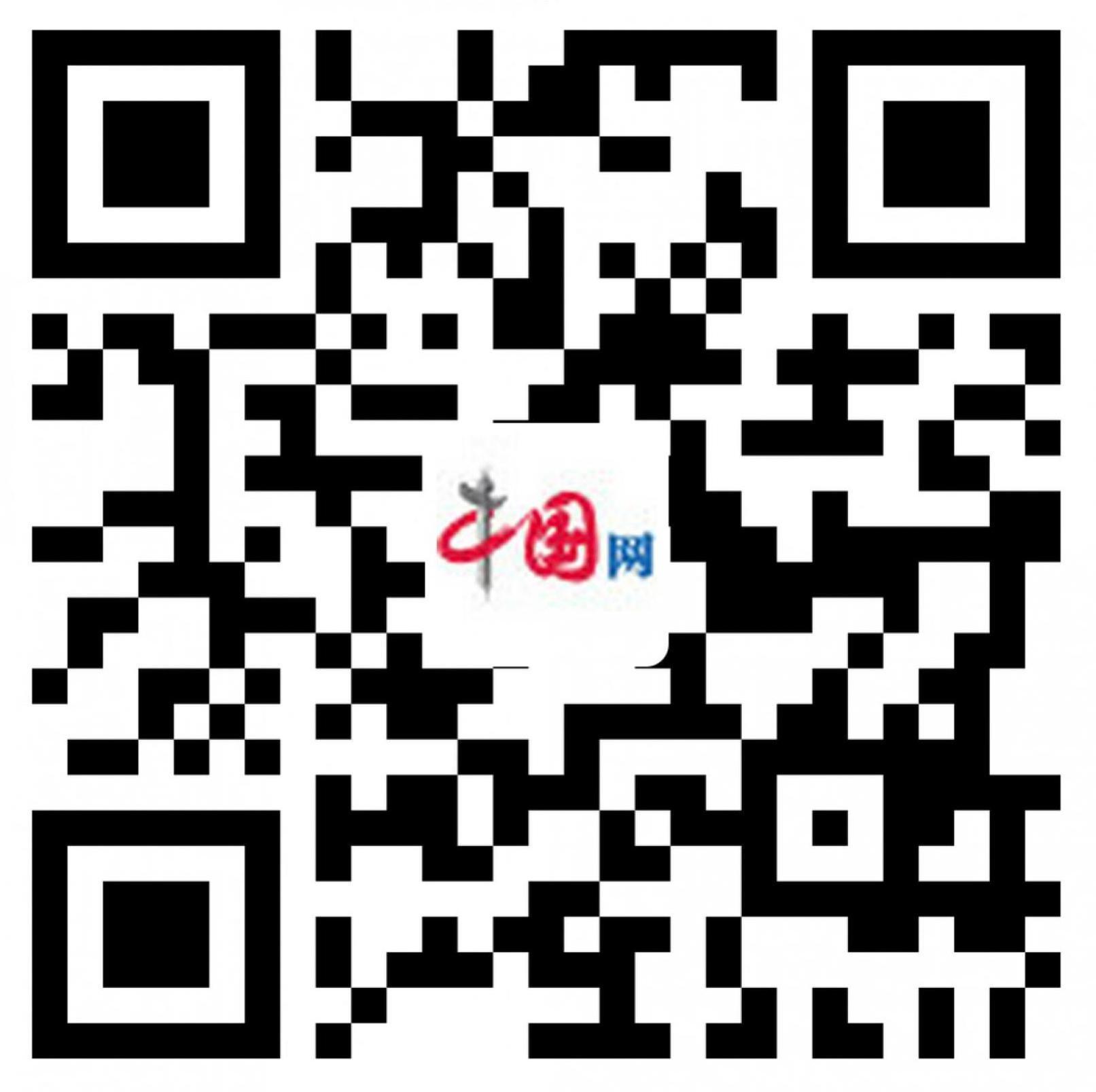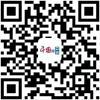Brazilian expert: TCM brings vitality to Brazil medicalsector
"After returning to Brazil this time,Iwill encourage moreBrazilianpeople to study traditional Chinese medicine in China," Paulo, president of The Academy of Chinese Herbal Medicine of Brazil, said with deep feeling,"Now, more and more people in Brazil start toknow and understand traditional Chinese medicine, so I will encourage them to come to China.This isone of my most urgent goals.”

▲Pang Guoming (right), NPC deputy, famous physician of TCM, and the chairman of the Kaifeng Traditional Chinese Medicine Hospital in Henan Province, talks with Paulo, the president of The Academy of Chinese Herbal Medicine of Brazil.
Life and health are important issues of common concern tothe humanity. The understanding of medicine and drugs is gradually deepening and expanding around the world. Which diagnostic and treatment methods are most effective? Which drugshave minimal side effect? How to deal with various symptoms ofthehuman body? These topics have becomesignificant motivators of international medical communication. On the occasion of the 50th anniversary of the establishment of diplomatic relations between China and Brazil, planned and organized by the TCM Channel of China.com, Pang Guoming, the NPC deputy, famous physician of TCM, and the chairman of the Kaifeng Traditional Chinese Medicine Hospital in Henan Province, had a conversation with Paulo, the president of The Academy of Chinese Herbal Medicine of Brazil at Beijing Fengtai TCM Hospital (Nanyuan Hospital) on April 15th. Focusing on the international spread of the TCM, the future of traditional medicine, and the communication andexchanges of the Chinese and Brazilian medicine, Pang and Paulo had a friendly and profoundconversation.
Professor Pang Guoming has devoted himself to the research of pure traditional Chinese medicine treatment of type 2 diabetes for nearly 30 years. In the past three years, after the release of the national and international expert consensus on reversing diabetes, Pang's team reached a cooperation program with Beijing Fengtai Traditional Chinese Medicine Hospital (Nanyuan Hospital) and started up Pang Guoming's inheritance studio at the end of March,2024. They are determined to make pure traditional Chinese medicine treatment of reversing type 2 diabetes an available pattern tomore patients.
These days, Paulo led 13 students from The Academy of Chinese Herbal Medicine of Brazil to conduct a 14-day communication and study at the Beijing Fengtai Traditional Chinese Medicine Hospital (Nanyuan Hospital). He hopes that through in person and on-the-spot learning, students can combine the theory and the actual practice of pure traditional Chinese medicine treatment of type 2 diabetes, thus disseminating the achievement in Brazil and providing Chinese solutions to Brazilian patients with type 2 diabetes,which willallow more patientsgetcured.
Paulo said that there are actually many herbal medicines in Brazil. People taste and use herbal medicines, butthey are lack of systematic theoretical guidance. Therefore, traditional medicine in Brazil did not form a mature and sophisticated system astheTCM. Previously, during his seven years of studying TCM at Beijing University of Chinese Medicine, he felt the inseparable connection betweentheTCM andthetraditional Chinese culture.He regarded this conversation with Professor Pang as a close contact with the great wisdom oftheTCM. He also said it is a worth trying step of bringing TCM theories into the research and development of Brazilian traditional medicine, as well as medicine worldwide.
Professor Pang said that future medicine should be under the precondition of inheritance and innovation of the TCM, adhere totheTCM as the mainstay and coordinate theTCMwith Western medicine, and strive to create a diagnosis and treatment environment that prevents people from getting sick, getting sick late, getting sick less often, and avoids serious illnesses. Currently, the pure TCM strategy for reversing diabetes is based in Beijing and strives toboost the transformation of disease-treating medicineto medicine focused onhealth, in order to maketheTCM a shared wealth of all humanity.
"Now in Brazil, more and more people come to know about traditional Chinese medicine," Paulo said that in Brazil's integrated traditional Chinese and western medicine clinics, many cancer patients who have received western medicine treatment will choosetheTCM as their follow-up treatment method. Even some western doctors, who were concerned about the side effects of Western medicine,will choose the TCM for treatment. Acupuncture has always been a popular treatment method in Brazilian TCM clinics, and the use of Chinese herbal medicine has also increased significantly in the past decade.
This change surprised Paulo, who has a deep love for Chinese medicine. He said that every time he brings a team to China for research and study reasons, he is full ofhigh expectations. Because he not onlyfinds the vitality that the TCM brings to Brazilian medical thought, but also sees the rapid development and spread oftheTCM in China. He hopes that the supportive ideas oftheTCM can become a reference for the development ofthemedical industry in Brazil.The increase of such international communication activities will benefit more patients and bring benefits topeople all over the world. (Reporter: Hu Jun Translator: Guo Yijia)

